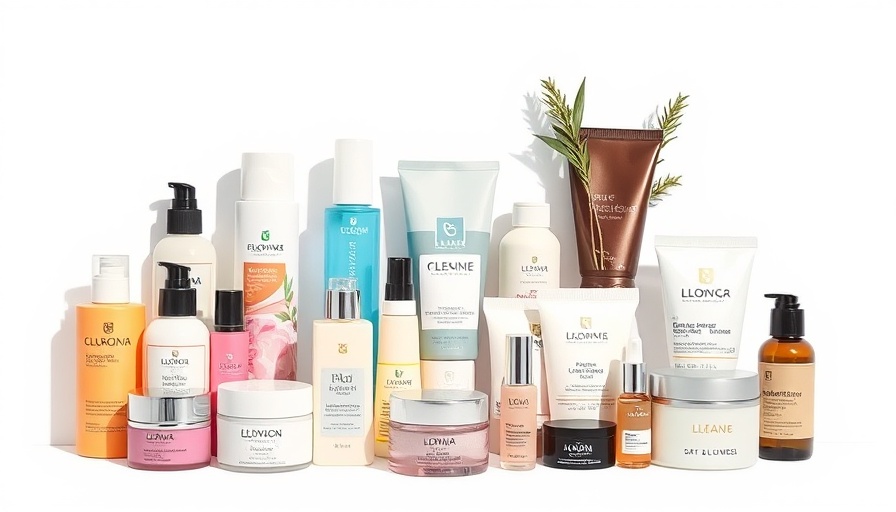
Understanding the Evolving Landscape of Beauty Brands
As we enter a new era post-2020, the beauty industry is at a crossroads. Diversity, Equity, and Inclusion (DEI) initiatives gained significant momentum in the wake of the Black Lives Matter movement, with brands pledging substantial support to Black entrepreneurs. However, recent shifts in corporate policies have raised concern over the sustainability of these commitments. The voices of Black founders are more vital than ever as they navigate this complex landscape.
The Promise and Peril of DEI in Beauty
Initially, companies like Sephora and Ulta championed diversity through funding initiatives and grant programs aimed at elevating Black-owned brands. Reports suggested that Black consumer spending on beauty products had reached an impressive $9.4 billion, reflective of a burgeoning market that brands could no longer afford to ignore. Yet, as corporations like Target and Amazon halt their DEI programs, the reality for many founders becomes grim. What happened to the ambitious pledges made in 2020? Many are now questioning whether these commitments were ever set up to endure.
Success Stories: Navigating Change
Despite the impending challenges, some innovative Black beauty brands have thrived. Founders like Ciara Imani May and Khadija Imara are transforming how hair and beauty products cater to underserved communities. Their pioneering solutions not only address industry gaps but also empower an engaged customer base that prioritizes authenticity. As Imara emphasizes, adapting business strategies to focus directly on consumer needs within the community is key, all while ensuring wealth circulates back into their communities.
Consumer Resistance and Expectations
Today’s beauty consumers are more discerning than ever, consciously choosing brands that align with their values. A recent report revealed that 31% of U.S. shoppers would refuse to purchase from brands lacking visible DEI commitments. This powerful consumer sentiment is compelling brands to reconsider how they engage with their audiences and uphold their promises of inclusivity amid potential rollbacks.
What Lies Ahead: Opportunities and Responsibility
While the DEI tide might be shifting, many Black beauty founders remain resilient. They encapsulate a vision of hope, advocating for consumers and creatives alike to hold companies accountable for their commitments. The collective journey moving forward should prioritize not only financial equity but also the empowerment of Black voices in beauty. As Malaika Jones from Brown Girl Jane puts it, maintaining support systems within the community is crucial as they navigate the effects of DEI rollbacks.
Join the Movement for Change
The beauty industry is undergoing a transformation that requires active participation from all stakeholders. By choosing to support Black-owned brands and advocating for improved representation and transparency, consumers play a pivotal role in shaping an equitable beauty landscape. Now more than ever, the fight for diversity and authenticity in beauty must continue, proving that it’s not only a responsible choice but a rewarding one.
 Add Row
Add Row  Add
Add 




 Add Row
Add Row  Add
Add 

Write A Comment